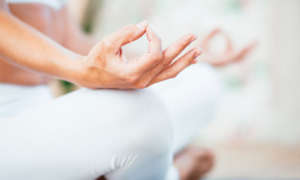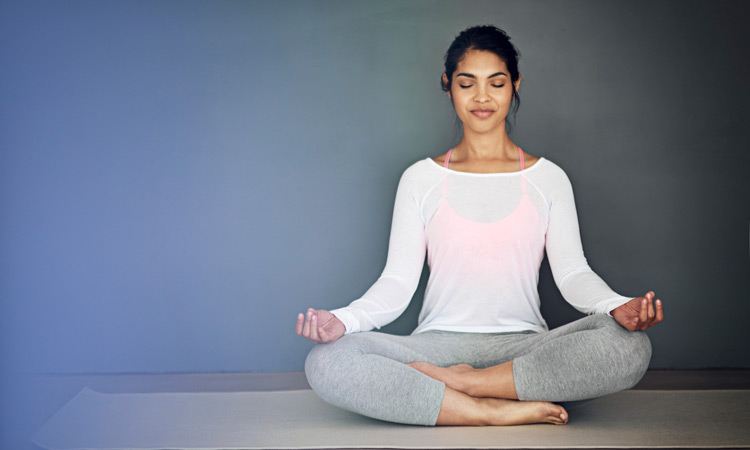When thinking about meditation and the people who practice it, the chances are that it isn’t addicts who first spring to mind. Previously scorned by many as a “hippie” activity only appropriate for new age fanatics, it’s no exaggeration to say that mediation has now become a trend.
Whether it takes the form of mindful, transcendental or Zen, the advantages of meditation can no longer be denied. As well as being adopted by global companies to enhance focus, meditation has long been used to treat depression, stress and anxiety—but now it’s gone one step further: meditation has become the new, not-so-secret weapon in the battle against addiction and substance abuse.
Meet Rebecca
You may wonder how something as straightforward as clearing your mind and practising your breathing can assist against a force as fierce as addiction – and you wouldn’t be the only one to speculate. Former alcoholic Rebecca has been sober for five years, but states that saying she was initially disbelieving about meditation would be a gross understatement.
“When a friend first suggested meditation may help in my fight against addiction, I’m ashamed to say that I laughed in her face. I felt that because she wasn’t an addict herself, she couldn’t possibly understand how powerful and consuming the cravings could be, and how debilitating the subsequent feelings were. Even when I went to rehab and saw that meditation was a big part of the recovery program, I was still hugely skeptical. It may have worked for others, but it wouldn’t work for me.”
Rebecca’s initial skepticism was understandable yet inaccurate. Many facilities, including Rebecca’s, hold weekly meditation and yoga sessions. Science now tells us that meditation can radically lift overall feelings of health and happiness, as well as nurturing the development of new coping strategies. But how exactly does this work – and why is it so valuable in battling addiction?
 The Science Behind Meditation
The Science Behind Meditation
A widespread cause of addiction can be tied to a person’s desire to experience a different state of mind; to break away from ordinariness and to feel connected to something powerful, as Harvard Medical Professor Sat Bir Khalsa explains: “When people take substances, they’re seeking a certain experience—whether it’s escapist or transcendental or just wanting to move into a different psychological state—to get away from whatever is making them unhappy.” Someone who already has found their ‘transcendental experience’ with meditation will be far less inclined to seek it in other forms, like drink or drugs.
A Happy Ending
“When I first started meditation as part of the recovery process, it was hard,” admits Rebecca. “But like anything, with practice it got easier. It allowed me to curb negative feelings and anxiety, and when any stressful situation arose I was able to feel in control, whereas in the past I would panic—and that was when I would reach for the bottle. It brought a stability to my mind for the very first time and I felt balanced and organized.”
“If you don’t know how to modulate your own anxiety, depression, or fatigue through healthy means, then you’ll turn to things like sedatives, pain relievers, amphetamines, and alcohol,” says Dr David Simon, Medical Director at the Chopra Centre for Wellbeing. At the beginning of the recovery process, stress and upheaval are to be expected, so the calming aspects of meditation are incredibly effective. Meditation also enhances general feelings of wellbeing as well as confidence – essential in overcoming addiction.
“Never in a million years did I think I would become a meditation convert,” Rebecca acknowledges. “But these days it’s the only thing I’m even remotely addicted to – and luckily there aren’t any negative side-effects of too much meditation! Aside from teaching me new coping strategies, meditation has given me an inner peace, strength and self-belief, and I truly think this has been crucial in breaking my addictive patterns, and avoiding relapse too.”



